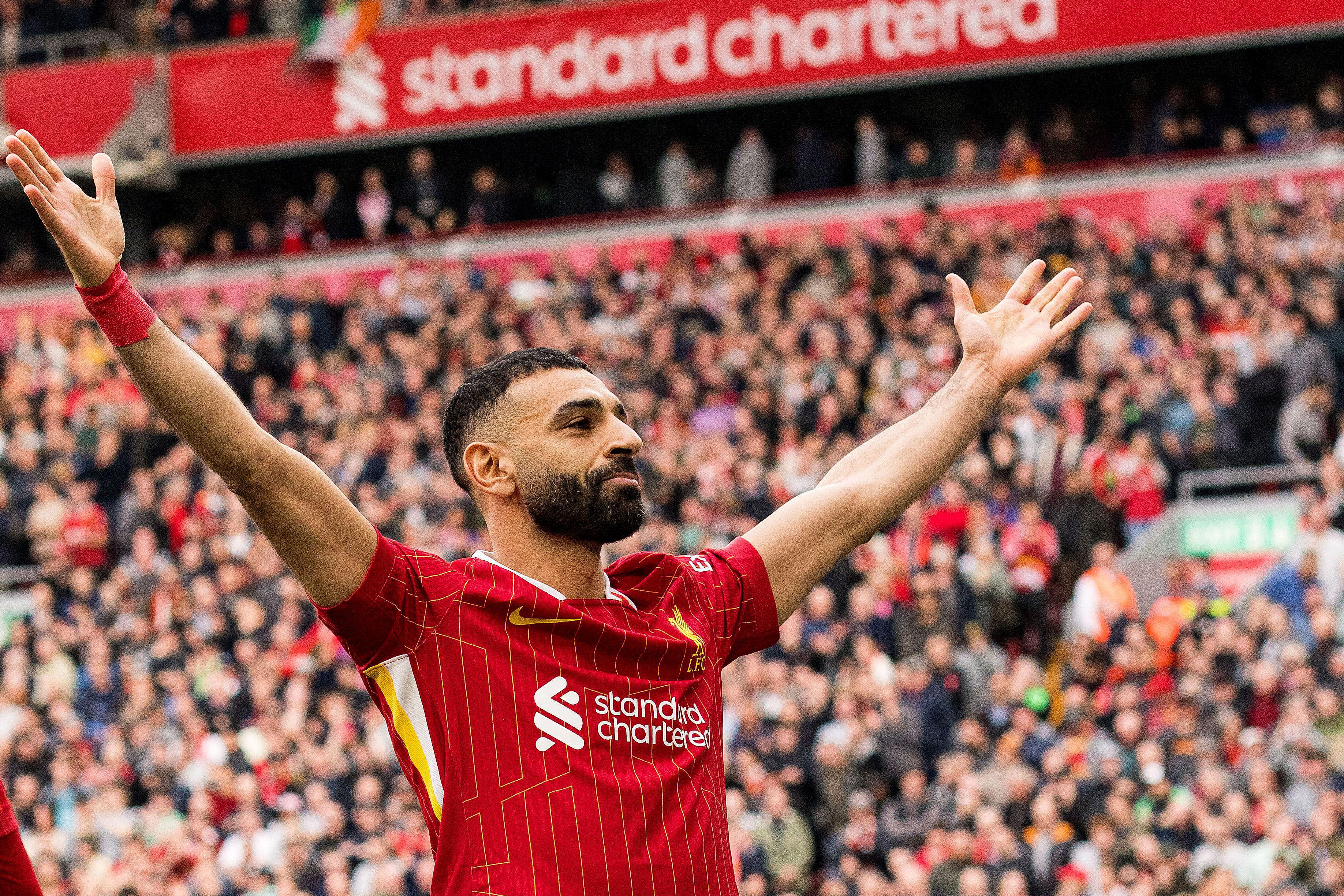Rated! The all-time best (and worst) Premier League players from EVERY country at the 2018 World Cup
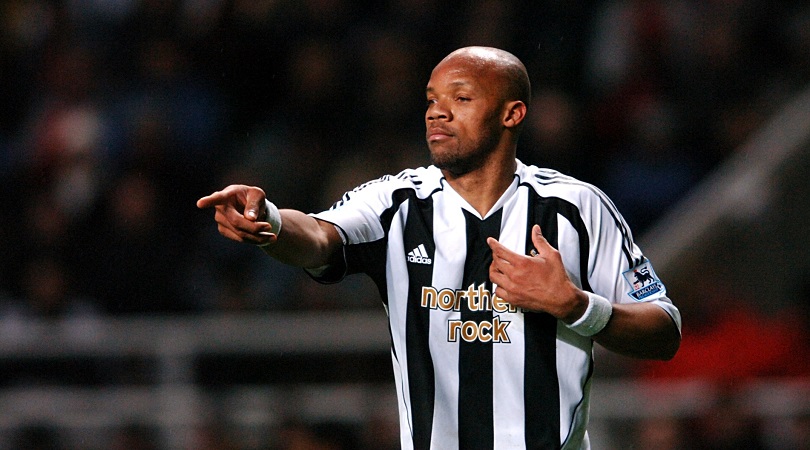
Best and worst from the World Cup
The Premier League is a truly global competition, with no fewer than 107 FIFA-affiliated nations having been represented on the field since the division’s rebrand in 1992.
Ahead of this summer’s World Cup, we’ve picked out the best and worst Premier League player from every country taking part at this summer’s jamboree in Russia (with the exception of Saudi Arabia and Panama, who have not yet supplied England’s top tier with a footballer – get a move on, lads).
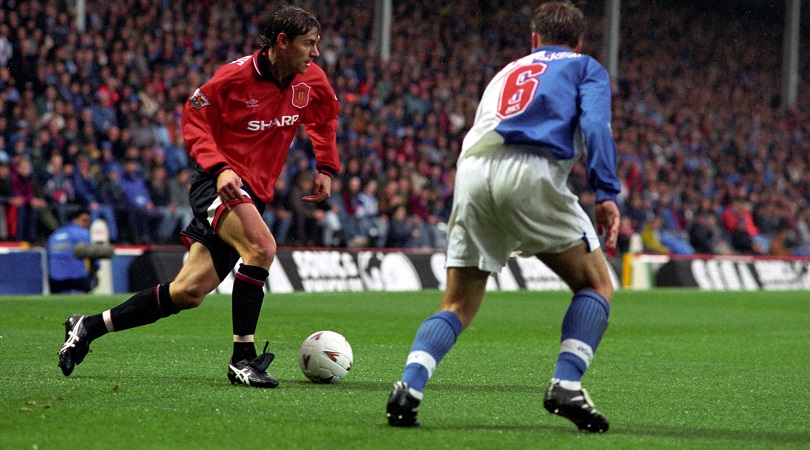
Russia
Best: Andrey Arshavin tailed off so dramatically at Arsenal that the only possible answer is Andrei Kanchelskis, two-time title-winner with Manchester United (he also turned out for Everton, Manchester City and Southampton) and purveyor of skills which didn’t actually get him anywhere.
Worst: Surprisingly, only eight Russians have played in the Premier League. So, while he wasn’t awful as such, we’ll pick Diniyar Bilyaletdinov for doing little to justify being the third-most expensive signing in Everton’s history at the time he was signed. His surname took a long time to master, too.
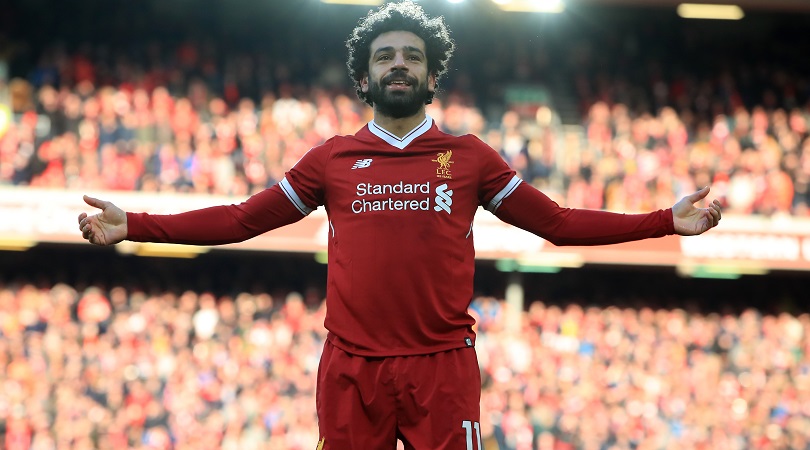
Egypt
Best: With respect to Ahmed Elmohamady, it’s hard to look past Mohamed Salah, isn’t it? The forward may have struggled for game time during his first stint in the Premier League with Chelsea, but he delivered one of the greatest debut seasons in Liverpool’s illustrious history by scoring 44 goals in all 2017/18 competitions.
Worst: West Brom’s signing of Al Ahly’s Ahmed Hegazi last year was an unexpected stroke of genius, so in January they went double or quits on centre-backs plucked from the Egyptian leagues. Ali Gabr came in from Zamalek to keep Hegazi company, then made zero appearances as the Baggies went down.
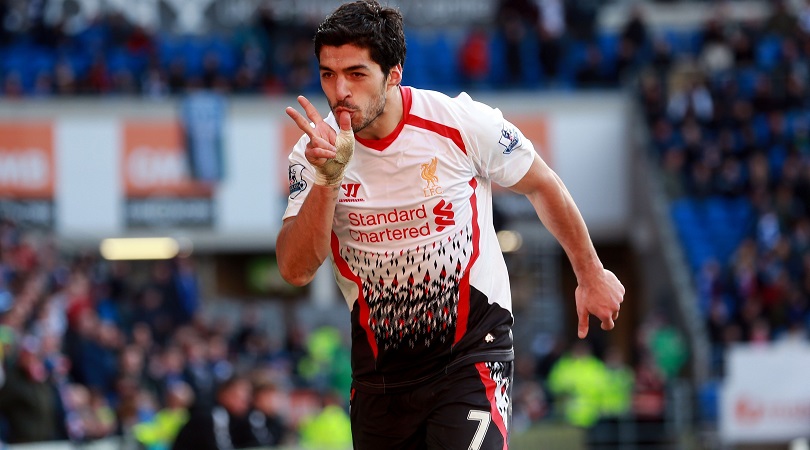
Uruguay
Best: Gus Poyet deserves an honourable mention, and our winner’s controversies make him a less honourable one. But how can you look past Luis Suarez? The ex-Liverpool striker’s incredible goalscoring season of 2013/14 and pathological hatred of Norwich make him the Premier League’s best Uruguayan import.
Worst: A cavalcade of crap includes Charlton’s Omar Pouso and West Ham’s Walter Lopez. King turd, however, was Newcastle loanee Nacho Gonzalez, who inadvertently caused Kevin Keegan’s resignation. In the subsequent tribunal, Keegan claimed he’d been signed by director of football Dennis Wise against Keegan’s wishes and entirely on the basis of YouTube videos.
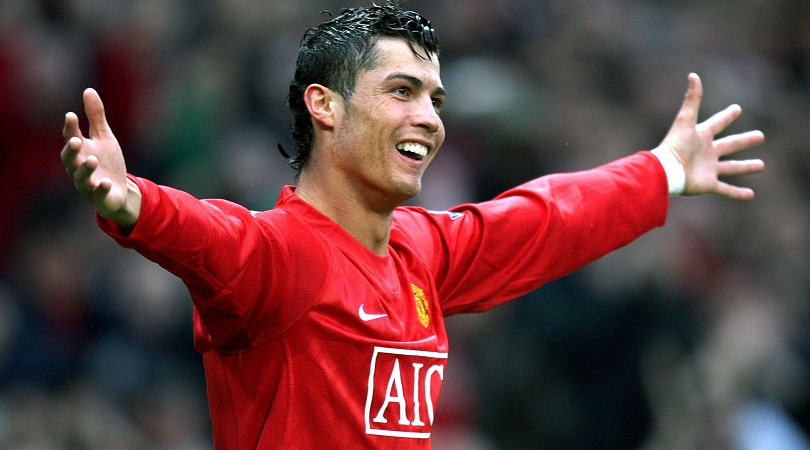
Portugal
Best: Cristiano Ronaldo, one of only two players in the past 50 years to win the Ballon d’Or at an English club. The ex-Sporting CP starlet won seven major trophies during his six seasons at Manchester United, where he went from flashy and inconsistent winger to devastating all-round forward.
Worst: Bebé is the obvious answer after his failure to make any sort of impact at Old Trafford. But on the basis of having his loan cancelled after a 20-minute cameo in which he tripped over and gave Thierry Henry the match-winning goal, Southampton’s Marco Almeida takes the prize.
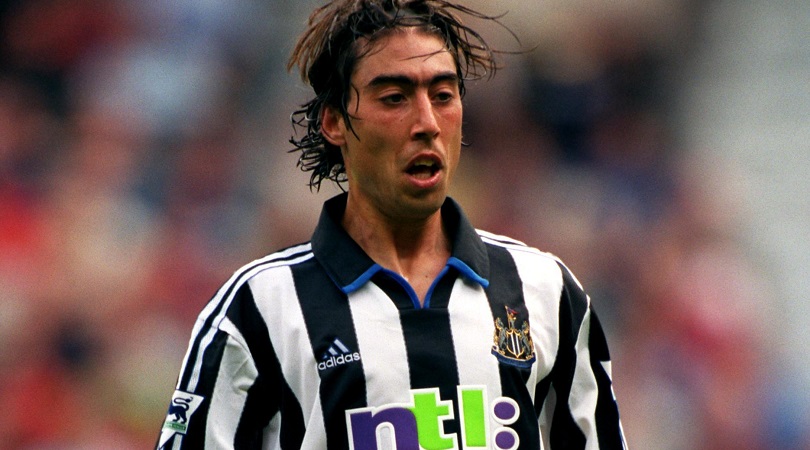
Spain
Best: This is a tough call. David de Gea, Cesc Fabregas and Xabi Alonso all deserve honourable mentions, but David Silva edges it. The playmaker has been central to Manchester City’s success throughout the Abu Dhabi era, controlling games and creating chances every time he steps on the field.
Worst: Another tough call – take your pick from César, Xisco, Marcelino, Juanmi, Roque Mesa, Albert Crusat, Albert Luque, Mikel Alonso, Raul Bravo, Alejandro Pozuelo, Borja Baston and Jose Angel Crespo. We’ll go for Marcelino, because he cost a fair sum and spent most of his two years at Newcastle in the reserves.
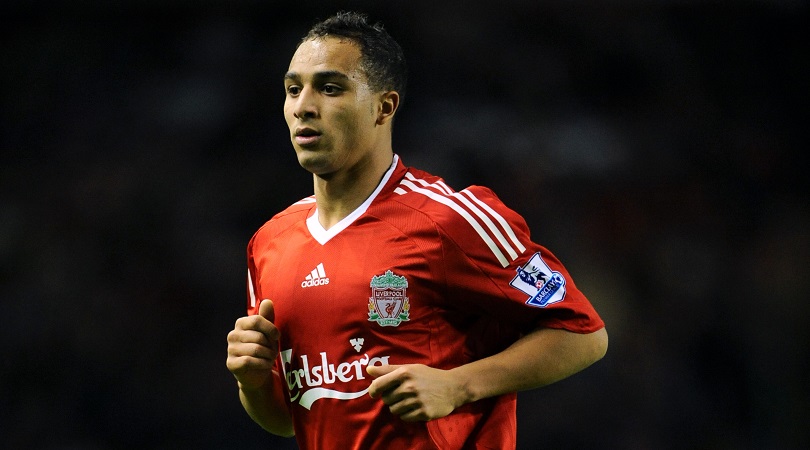
Morocco
Best: The underrated gem – in his Coventry days, anyway – that was Mustapha Hadji. A technically gifted No.10 who could pass, shoot and dribble, the former Deportivo man lit up Highfield Road but struggled to replicate his Sky Blues form during a three-year spell with Aston Villa.
Worst: If only for rivalling David ‘99 Premier League appearances?’ N’Gog in embodying how Rafa Benitez’s Liverpool squad wasn’t quite good enough, it has to be Nabil El Zhar. The winger scored just one goal in 21 league appearances for the Reds, who finally let him go permanently in 2011 (he joined five years earlier).
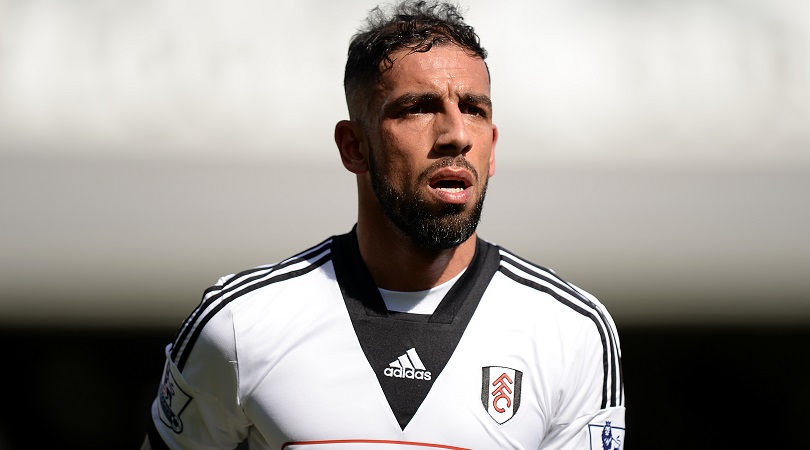
Iran
Best: Of the three, let’s go with Ashkan Dejagah of Fulham, because he isn’t Andranik Teymourian. The former Iran captain spent a couple of years at Craven Cottage between 2012 and 2014, and turned in some good performances during his second season in English football.
Worst: Iranian legend Karim Bagheri and his 19 minutes playing for Charlton. Injuries did for the midfielder, who manager Alan Curbishley described as a player “with great physique and an eye for goal” who had an “unbelievable” scoring record. Alas, not at The Valley.
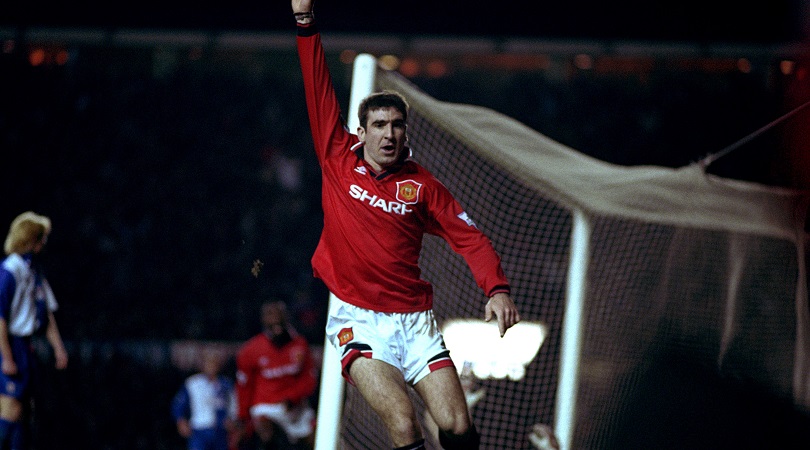
France
Best: Oh God, this is where we get lynched. Cantona or Henry, Cantona or Henry… Eric Cantona. No, wait: Thierry Henry. No – Cantona. Yep, definitely Eric Cantona. It’s difficult to understate his impact on Manchester United and the Premier League as a whole; it’s fair to say the division wouldn’t be what it is today without him.
Worst: The Guardian, New Year’s Day, 2005: “Newcastle spent £8m yesterday on Rangers’ Jean-Alain Boumsong, a defender no other club was trying to sign.” That pretty much sums it up – and if anything it got worse from there. The most embarrassing thing? Newcastle could have landed him on a free a few months earlier.
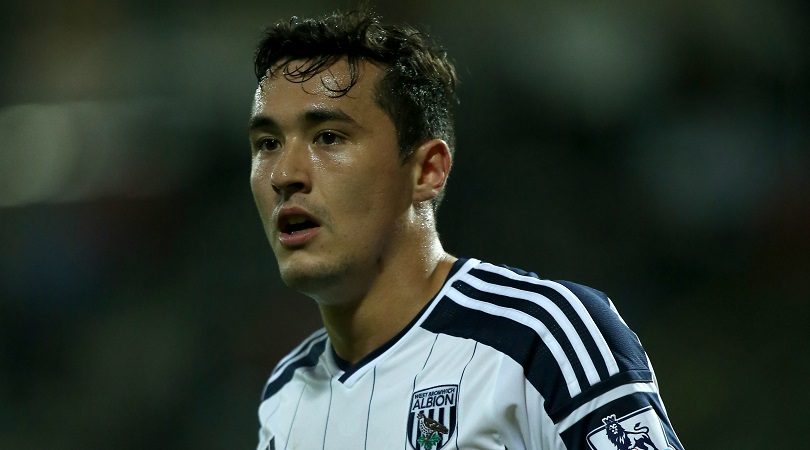
Australia
Best: Is it Harry Kewell? Is it Mark Viduka? No! It’s Mark Schwarzer, the only non-Brit to make 500 Premier League appearances, and ranked seventh overall. He even managed to win the title twice, although his contributions to Leicester and Chelsea’s triumphs were minimal at best (i.e. he didn’t actually play in either campaign).
Worst: It could be Aston Villa’s uncapped Socceroo Jordan Lyden, whose four Premier League appearances comprised 16 goals conceded and one scored. That was standard for 2015/16’s Villa, though, so our pick is Jason Davidson, even if his only real crime at West Brom under Tony Pulis was being a full-back.
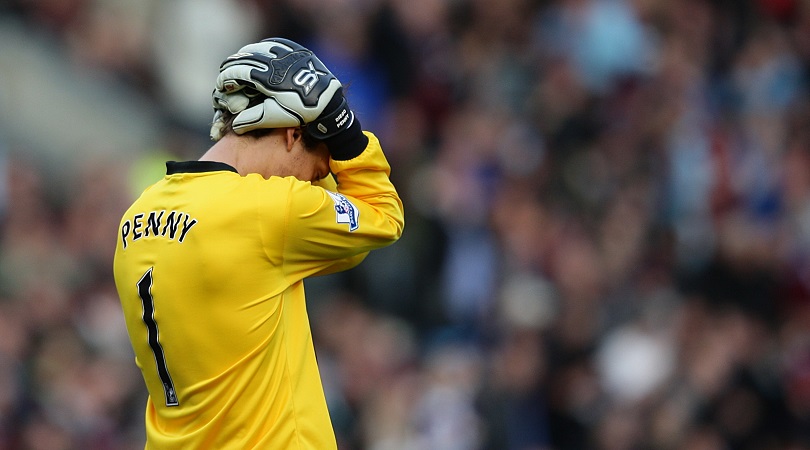
Peru
Best: Who else but Nolberto Solano? The midfielder racked up 230 Premier League appearances across two spells at Newcastle, where he quickly became a cult hero among the club’s fans. He also represented Aston Villa and, for a brief time, West Ham.
Worst: Being back-up to Brian Jensen is not a good look, though to be fair to Diego Penny, two appearances in Burnley’s goal represent his entire career outside his home country. Also, what a surname for a Peruvian.
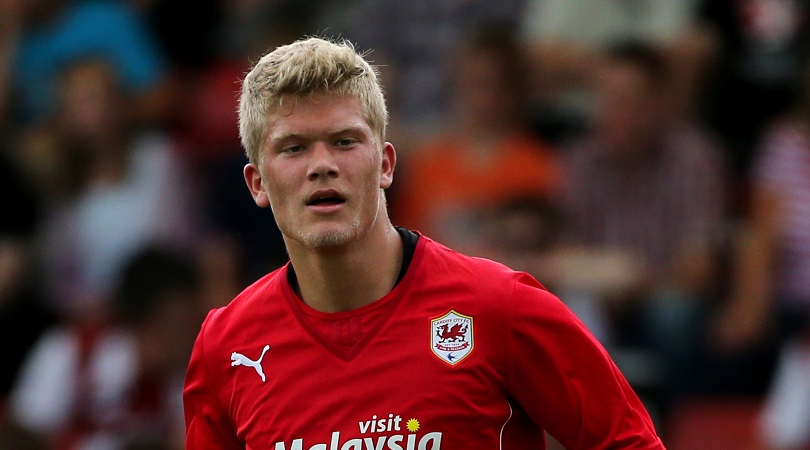
Denmark
Best: Peter Schmeichel, hands down – which they really were. The Great Dane played for Aston Villa and Manchester City in the autumn of his career, but he’ll forever be associated with Manchester United, with whom he won five titles and the Champions League. Arguably the greatest Premier League goalkeeper there’s been.
Worst: So dodgy was Cardiff's club-record signing of striker Andreas Cornelius in 2013, his purchase ended up costing the newly-promoted Welshmen £9m and contributed to the sackings of manager Malky Mackay plus head of recruitment Iain Moody (although later events would reveal that to be a good thing).
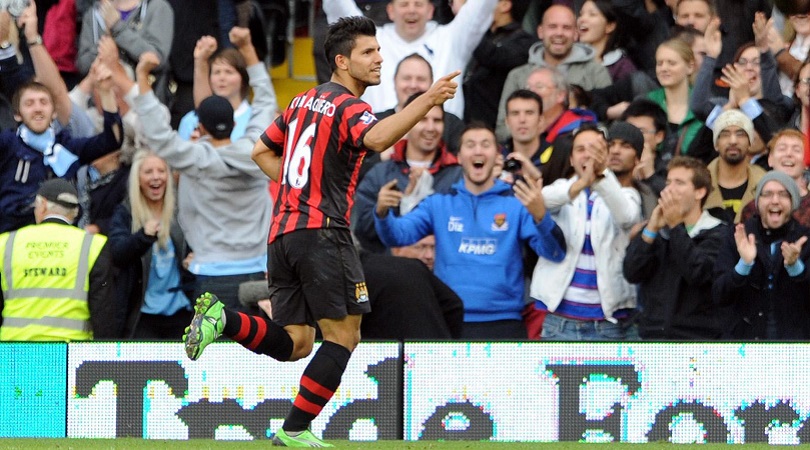
Argentina
Best: It’s probably the guy with 143 goals in 206 games, who’s a hat-trick away from cracking the Premier League’s top 10: Franco Di Sa... sorry, we mean Sergio Aguero. Despite his incredible consistency throughout his Premier League career with Manchester City, it’s still hard to shake the feeling that the striker remains a little underrated.
Worst: Mauro Boselli was a contender after scoring zero league goals for Wigan, but Santiago Vergini beats him because a clause in his loan contract forced Sunderland to give him a two-year deal when they escaped relegation, after which he never played for them again.

Iceland
Best: Eidur Gudjohnsen set the career path for Gary Cahill by leaving Bolton for Chelsea en route to Barcelona. The forward’s mature performances made it easy to forget that he was a mere 21-year-old from the second tier when he arrived at Stamford Bridge.
Worst: For making four league appearances in 18 months before having his Wolves contract terminated two years early, it has to be Eggert Jonsson. It didn’t take long for the Midlanders to discover the defender-cum-midfielder wasn’t good enough, shipping him off to Charlton a few months after his arrival at Molineux.
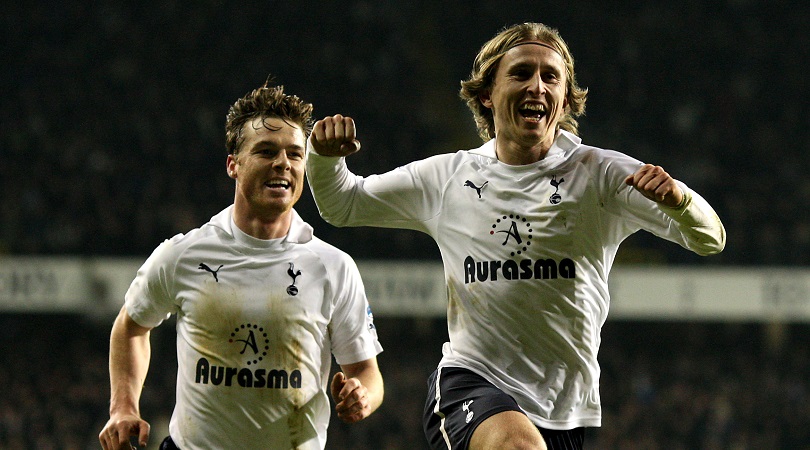
Croatia
Best: Although he peaked after leaving the Premier League, Luka Modric blows his Croatian competition out of the water here. The midfield schemer was fantastic throughout his stay at Tottenham, helping the north Londoners to two top-four finishes in his four seasons at the club.
Worst: A transfer fee of £5.8m was sizeable back in 2001, especially for a 22-year-old striker still playing in his native land. Aston Villa paid the readies, gave Bosko Balaban eight brief substitute appearances in the Premier League, then shipped him back to Croatia on loan. Fine work.
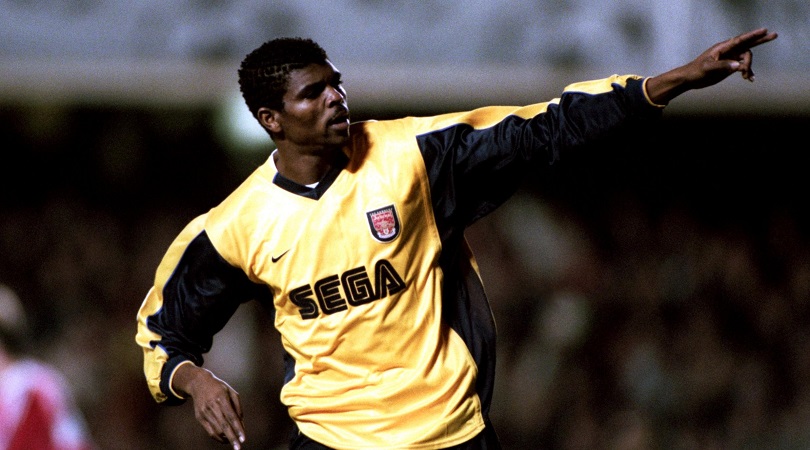
Nigeria
Best: Nwankwo Kanu. An elegant striker who excelled at both creating and converting chances, the ex-Inter man helped Arsenal win two Premier League titles and two FA Cups, before spells with West Brom and Portsmouth.
Worst: Blessing Kaku. Sam Allardyce’s signing of the midfielder featured in an investigation into possible corruption, all so that Kaku could play one game for Bolton. He later turned out four times for Derby, but the former Sharks FC man (yes, really) didn’t make much of an impression there either.
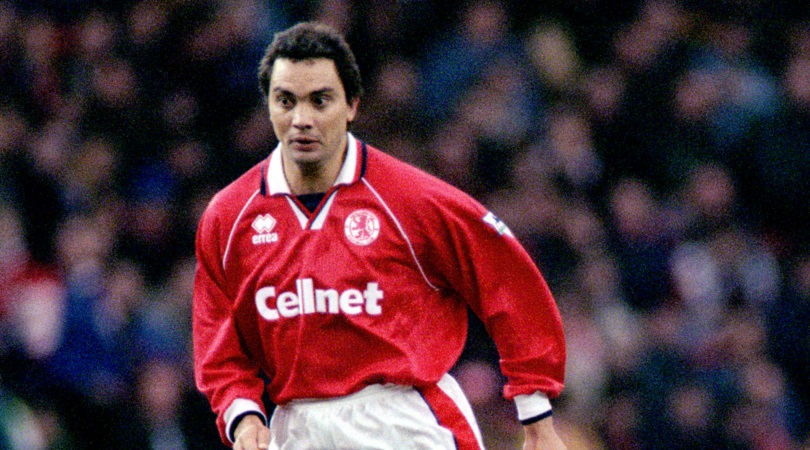
Brazil
Best: Roberto Firmino, Gilberto Silva, Willian, Fernandinho and David Luiz have all had their moments, but it’s got to be Juninho. Cynics lapped up the pint-sized playmaker’s shock move to the northeast of England in 1995, but Juninho starred for Middlesbrough and developed a genuine connection with the town and its people.
Worst: “Don’t expect me to perform magic right away,” said a 31-year-old, 31-stone Branco upon joining Middlesbrough. Well, he certainly made those pies disappear, etc. Afonso Alves is another Brazilian who didn’t fare too well on Teeside, which has been an unlikely home for footballing expats from South America’s largest country.
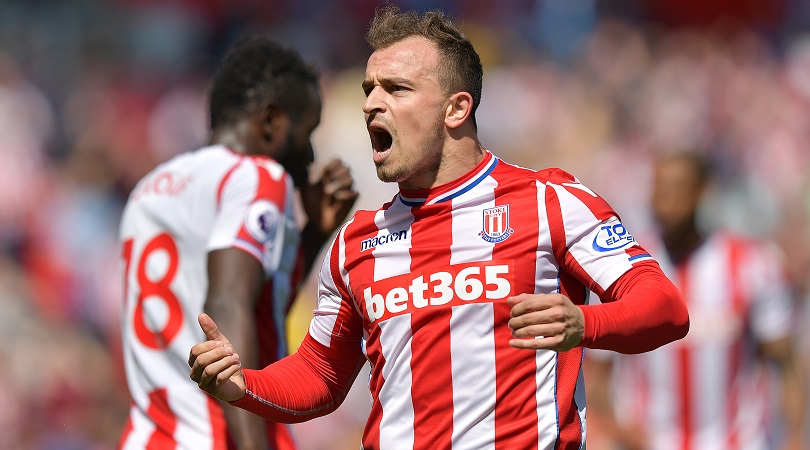
Switzerland
Best: If the recently-relegated Xherdan Shaqiri seems an undeserving ‘winner’, consider that the best alternatives are Stephane Henchoz and Valon Behrami. In fairness to Shaqiri, he’s an excellent technician who scored his fair share of wondergoals for Stoke.
Worst: He may be the only Swiss player with a Premier League winner’s medal, but Gokhan Inler made little impression during Leicester’s triumphant campaign in 2015/16. N’Golo Kante, Danny Drinkwater and even Andy King got the nod in midfield ahead of the ex-Napoli man, who featured in just five top-flight matches.
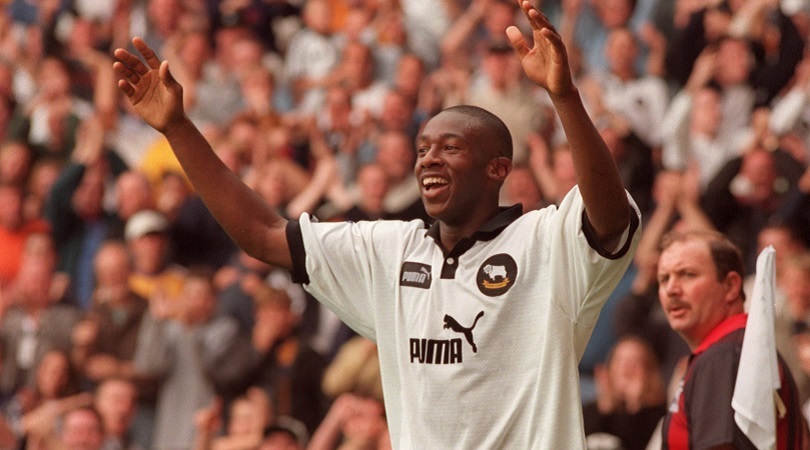
Costa Rica
Best: Something of a cult hero for his exuberance and unusual style, Paulo Wanchope also scored 50 goals and assisted 21 more across 156 appearances for Derby, West Ham and Manchester City – an excellent rate for those clubs. Somehow he’s still only 41, and could have been leading his country in this summer’s World Cup had he not been sacked for brawling with a steward.
Worst: Cristian Gamboa. The right-back joined West Brom while Alan Irvine was manager, but it took him a while to adjust to his new surroundings. When he finally had, Tony Pulis came in and, as is his wont, began playing centre-halves in full-back positions. Poor Gamboa didn’t stand a chance.
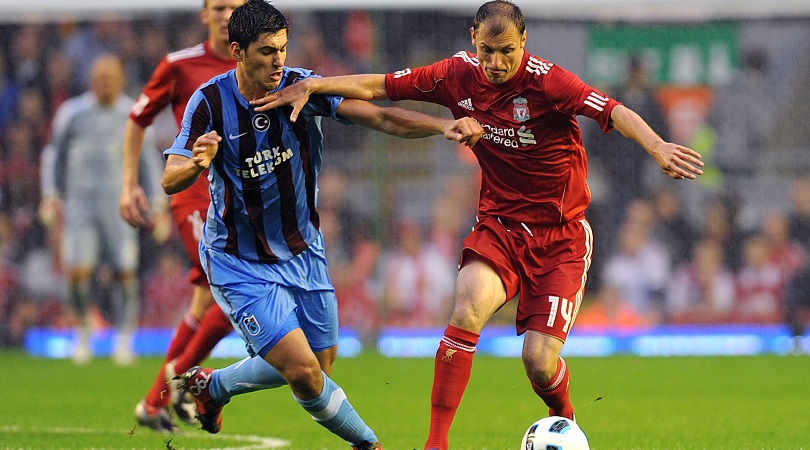
Serbia
Best: It’s a toss-up between a pair of title-winning walls of granite separated by three letters. We’re picking Nemanja Vidic ahead of Nemanja Matic because his aura gave Manchester United a psychological edge even before kick-off. Plus, he’d win in a fight.
Worst: Liverpool’s Milan Jovanovic, even if one of the writers on Neighbours was a fan. The forward arrived at Anfield on a free transfer in 2010, honouring the pre-contract agreement he had signed with the Reds despite new Inter boss Rafael Benitez’s attempts to bring him to San Siro. A few months later, Liverpool fans were queuing up to drive him to Italy.
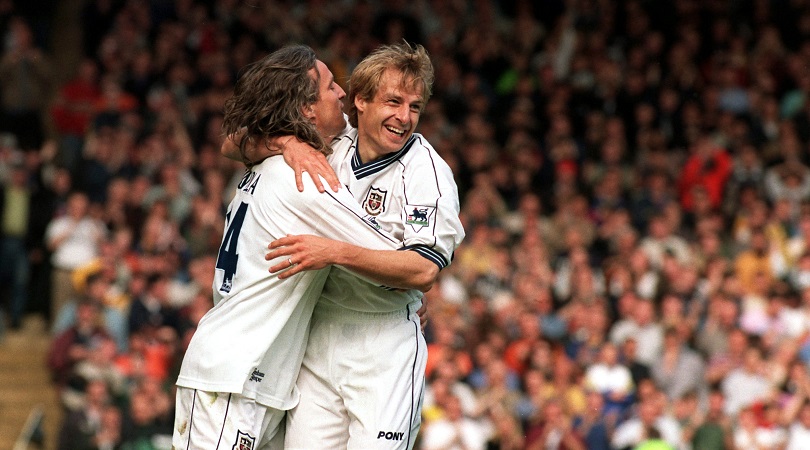
Germany
Best: It could be Mesut Ozil or Jens Lehmann; it could be Michael Ballack; it could be Robert Huth. But none of them commanded lasting respect from fans of other clubs in the same way that Jurgen Klinsmann has done. The striker scored 21 league goals for Tottenham in 1994/95, before returning on loan to add another nine to his tally and lift Spurs clear of relegation trouble in 1997/98.
Worst: In 2009, West Ham paid a club-record £9m for Savio Nsereko and gave the forward from Serie B a contract lasting four-and-a-half years. He saw out the half, at least. It remains one of the worst signings a Premier League club has ever made.
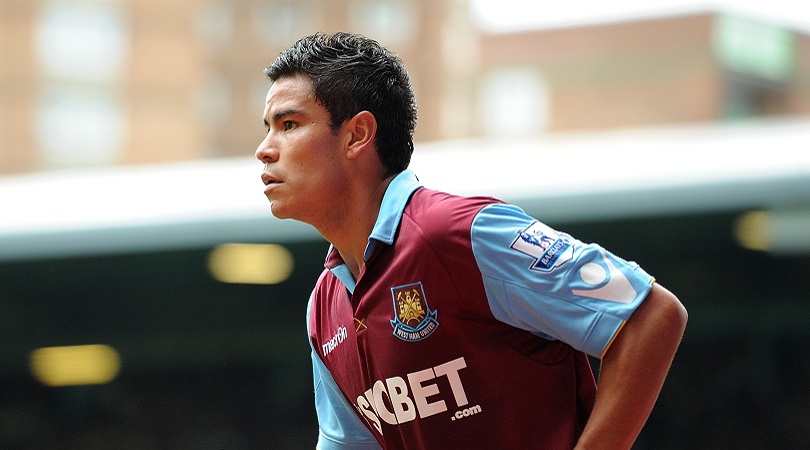
Mexico
Best: Nine Mexicans have played in the Premier League; Javier Hernandez makes up 48% of their combined appearances. He may have struggled for game time at West Ham in the second half of last season, but he’s a natural goalscorer who was an important member of Alex Ferguson’s squad at Manchester United.
Worst: We’re not saying West Ham have a habit of making awful signings, but they do seem to have a habit of making awful signings. Pablo Barrera was another of their duds, the winger making just 15 appearances (and scoring zero goals) before being hurriedly sent to Real Zaragoza on loan.
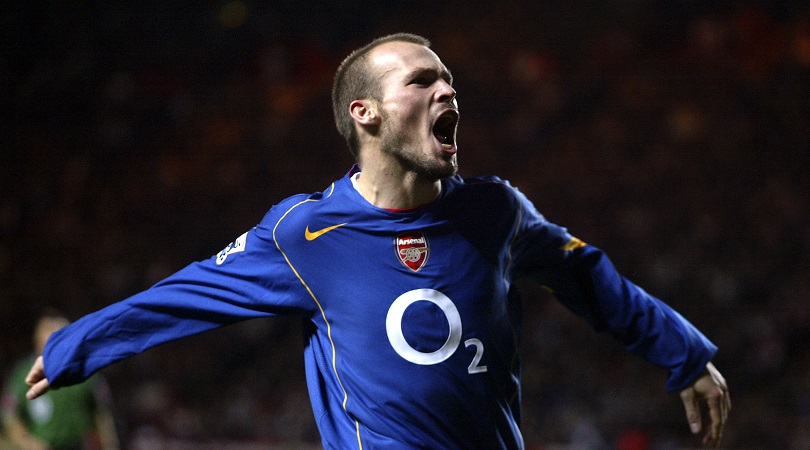
Sweden
Best: Of 61 contenders, Freddie Ljungberg is Sweden’s Premier League king. Zlatan Ibrahimovic may not be happy with that choice, but there’s no doubt the former Arsenal forward deserves to be No.1. Ljungberg won two league titles and three FA Cups in north London, before crossing the capital to turn out 25 times for West Ham.
Worst: West Brom gave Markus Rosenberg 33 appearances in all competitions and the striker scored zero goals. But he also donated the contents of his house to charity when the Baggies terminated his contract, giving away so much stuff that it had to be spread across three Sue Ryder branches.
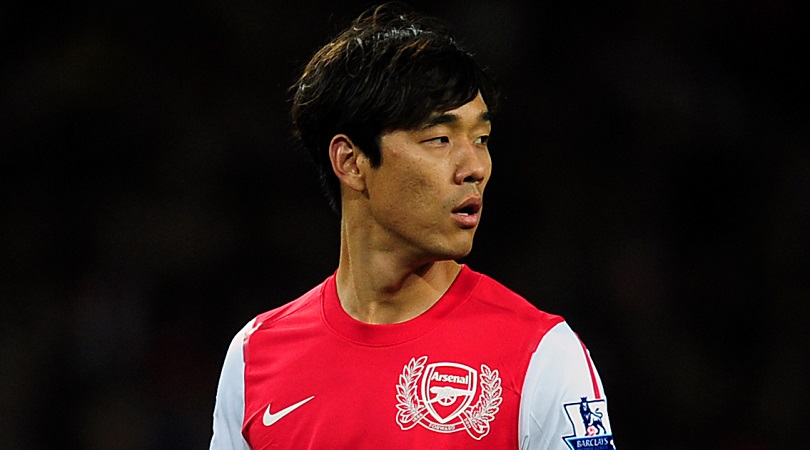
South Korea
Best: Yes, Park Ji-sung was very useful to Manchester United. No, he wasn’t a better player than Son Heung-min. The Tottenham forward came to life in 2016/17 and continued his fine form last season, relishing his increased responsibility to score 18 goals in all competitions. He’ll be fundamental to his country’s (slim) chances of a successful summer in Russia.
Worst: Arsenal’s worst ever No.9: Park Chu-young. The Gunners signed the striker from Monaco in summer 2011, making his Premier League bow against Manchester United a few months later. Remarkably, that was the only time he turned out for Arsenal in the top flight.
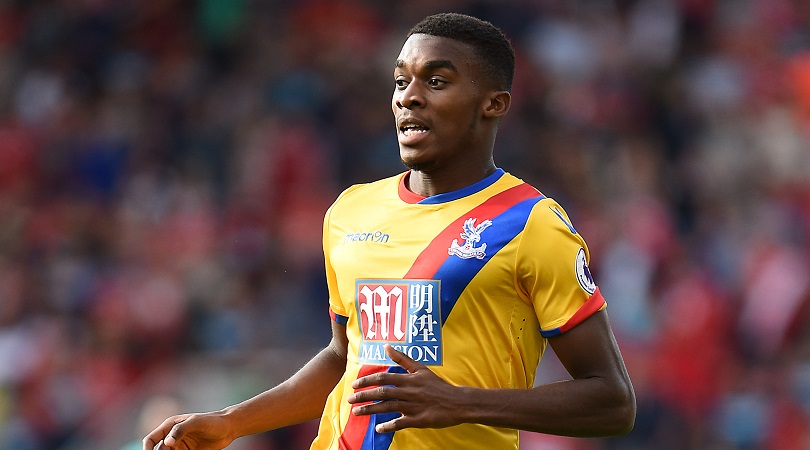
Belgium
Best: Most of Belgium’s Golden Generation have played in the Premier League, and Vincent Kompany and Kevin De Bruyne are especially strong contenders for this honour. Eden Hazard gets the nod, though, having been named Footballer of the Year, Player of the Year and Young Player of the Year, as well as making the PFA Team of the Year in four of his six seasons.
Worst: With his six minutes of Premier League football at Crystal Palace, it’s Jonathan ‘no, it’s my brother you want’ Benteke. Last season he played half an hour of Oldham’s relegation season in League One. We wonder how he managed to get a contract at Selhurst Park…
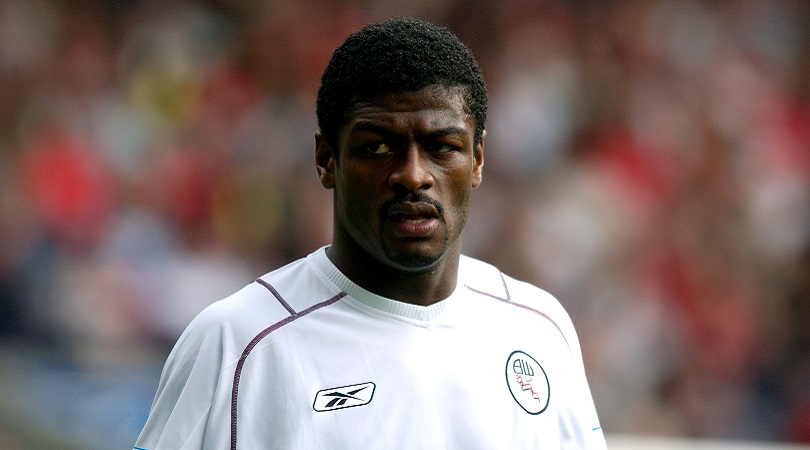
Tunisia
Best: Uh... Mehdi Nafti? Radhi Jaidi wasn’t bad. There’s not a great deal to choose from in this category, but Jaidi probably deserves No.1 spot for his solid defending at Bolton and Birmingham, before a spell at Southampton in League One.
Worst: On talent alone, Wahbi Khazri is the Premier League’s best Tunisian (of the five). With Youssef Msakni out, their World Cup hopes rest on him this summer. However, Khazri flattered to deceive at Sunderland after arriving to some fanfare for a fee circling £10m – then, following relegation, he was loaned to Rennes and promptly scored a hatful.
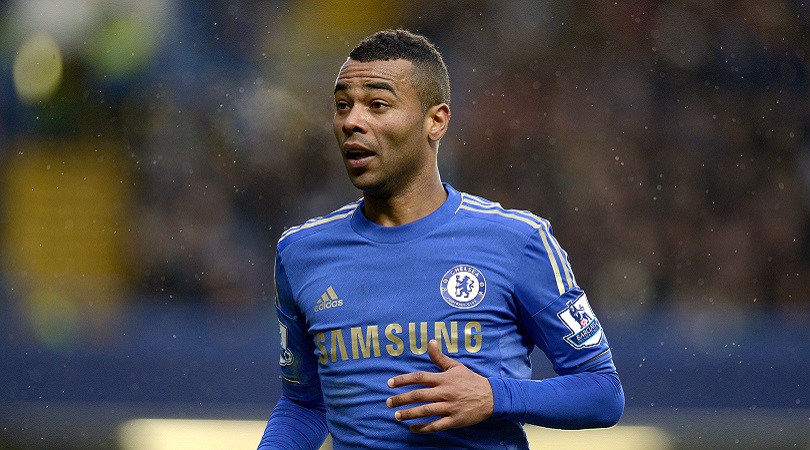
England
Best: Alan Shearer has scored the most Premier League goals. Gareth Barry has made the most Premier League appearances. Steven Gerrard and Harry Kane (yes, already) have won the most Player of the Month prizes. Wayne Rooney is England’s all-time record goalscorer. Michael Owen is the country’s Ballon d’Or winner since 1980. But forget all that: our pick is Ashley Cole.
Worst: To avoid further controversy, we nominate former Manchester United goalkeeper Nick Culkin purely because his Premier League career lasted less than two seconds. Which, in fairness, is still more than FourFourTwo.
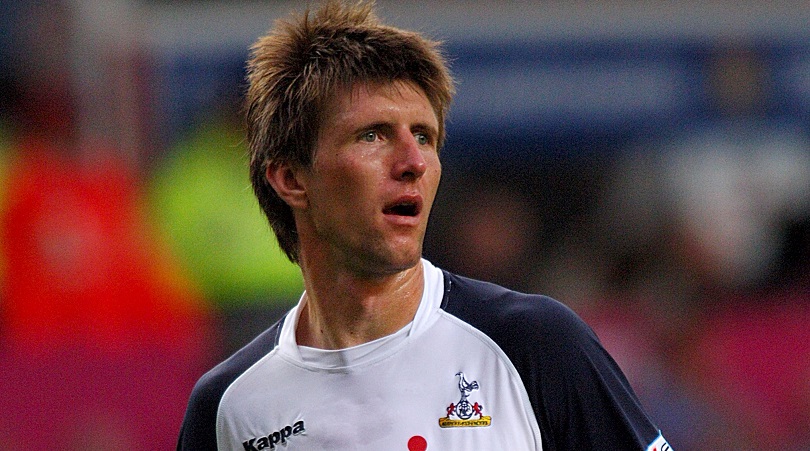
Poland
Best: Poland’s Premier League players fall almost exclusively into two categories: forgotten journeymen and half-decent goalkeepers. Beating Wojciech Szczesny and Lukasz Fabianski to top spot is Jerzy Dudek, who kept clean sheets more regularly.
Worst: Zbigniew Kruszynski, Piotr Swierczewski and Emmanuel Olisadebe can breathe easy, because Grzegorz Rasiak is bottom of the pile. Spurs found that signing a second-division striker in the final minutes of deadline day is rarely a successful strategy.
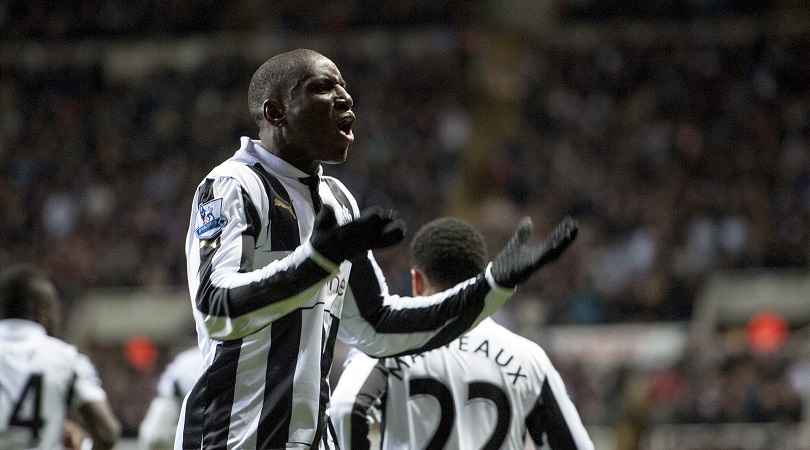
Senegal
Best: After failing a medical at Stoke, Demba Ba signed for West Ham on a pay-as-you-play deal and scored seven times in 12 appearances. He then helped an average Newcastle team to finish fifth and took his Premier League tally to 36 goals in 66 games before joining Chelsea, where he scored crucial goals against PSG and, famously, Liverpool.
Worst: Ali Dia. You may have heard of him. It turns out he wasn’t George Weah’s cousin and he certainly wasn’t very good at football. Former Southampton boss Graeme Souness will never live that one down.
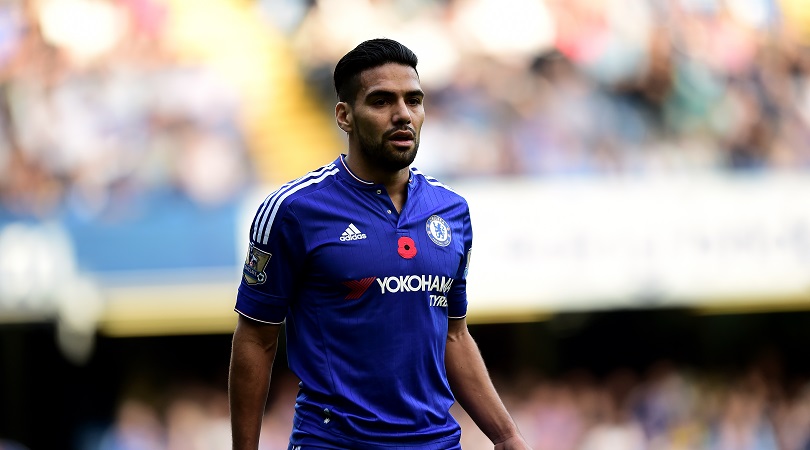
Colombia
Best: Tino Asprilla would be the popular choice, but nine goals in 48 games for a title-chasing team is hardly a great return. We’re selecting Aston Villa’s Juan Pablo Angel, because how often does a club-record signing from the Argentine leagues succeed in England after a shaky start?
Worst: Radamel Falcao, who joined Manchester United on loan in a bid to revitalise his career and notching just four times in 26 games. He then tried his luck with Chelsea a season later, but the results were even worse: one goal in 10 outings. Thankfully for the striker, he’s subsequently rediscovered his scoring touch at Monaco.
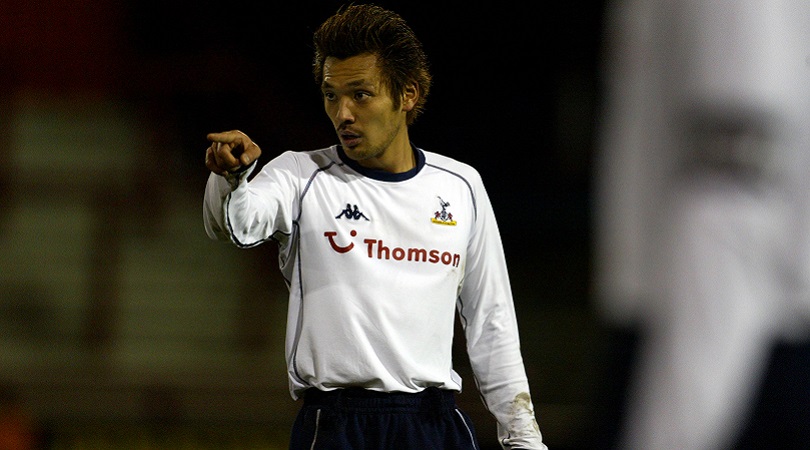
Japan
Best: Leading a not-so-magnificent seven is Shinji Okazaki, who was rather more important to Leicester’s title win than Shinji Kagawa was to Manchester United’s. The industrious striker epitomised the Foxes’ style of play under Claudio Ranieri, even if he wasn’t exactly the most prolific.
Worst: Tottenham were so wowed by Kazuyuki Toda’s performances at the 2002 World Cup that they gazumped Sunderland to sign him six months later. Toda had been training with the Black Cats for two weeks, but while they were negotiating his transfer from Shimizu S-Pulse, the midfielder scarpered south. He made four appearances on loan at Spurs, while Sunderland finished bottom with 19 points.

Greg Lea is a freelance football journalist who's filled in wherever FourFourTwo needs him since 2014. He became a Crystal Palace fan after watching a 1-0 loss to Port Vale in 1998, and once got on the scoresheet in a primary school game against Wilfried Zaha's Whitehorse Manor (an own goal in an 8-0 defeat).
